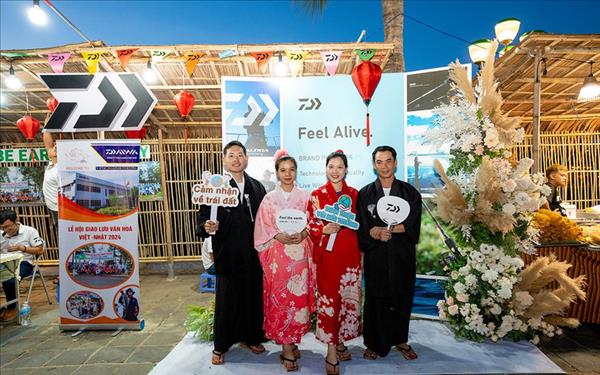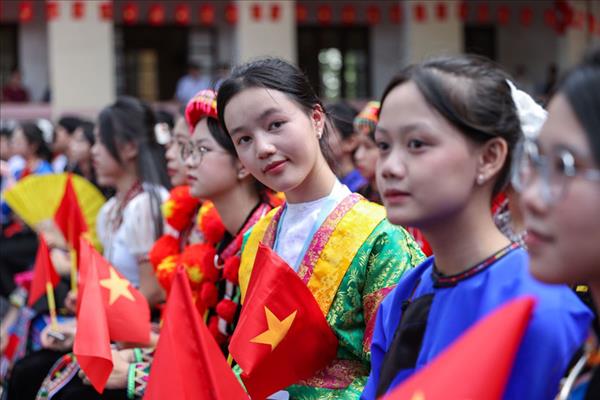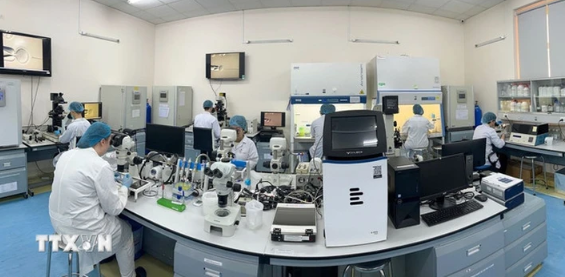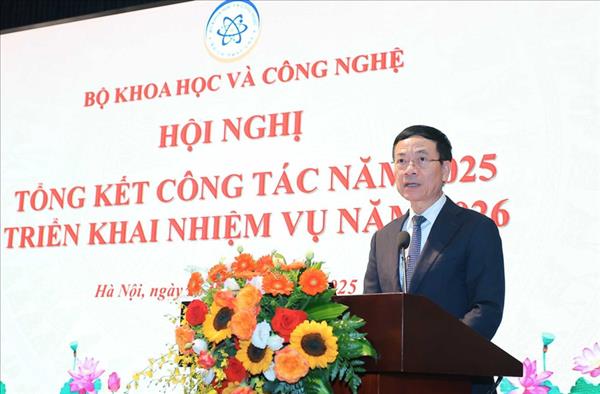Vaccines, he said, only reduce the seriousness of diseases when people are infected.
Secondly, different countries are using different COVID-19 vaccines, such as AstraZeneca, Pfizer, Moderna, Sputnik V, and Sinovac, with varying protection efficacy.
The final reason is that the use of vaccine passports depends on the level of community immunity.
The pandemic continues to spread quickly around the world, with 600,000 - 700,000 new cases and 1,000 - 2,000 deaths each day on average.
Vietnam has now gone about a month without any community transmissions, but the pandemic is becoming complicated throughout Southeast Asia. Several regional and neighbouring countries are experiencing new outbreaks due to large gatherings of people.
The Health Ministry has proposed that those who receive recommended vaccinations could have their quarantine time reduced, which is waiting for approval from top ministry officials and the National Steering Committee on COVID-19 Prevention and Control.
According to Tan, if vaccine passports are accepted without close monitoring, the risk of infection in the community will be extremely high. In the past, several people tested negative once but were then found to have the virus several days later.
He added that Vietnam is considering the pilot application of vaccine passports in tourist areas and several golf courses.
A vaccine passport is a certificate proving that one has been vaccinated against COVID-19 as recommended by the manufacturers or State management agencies. The World Health Organisation (WHO) has yet to recommend the scheme. Only Singapore is piloting the measure, on a small scale./.
VNA/VNP

















